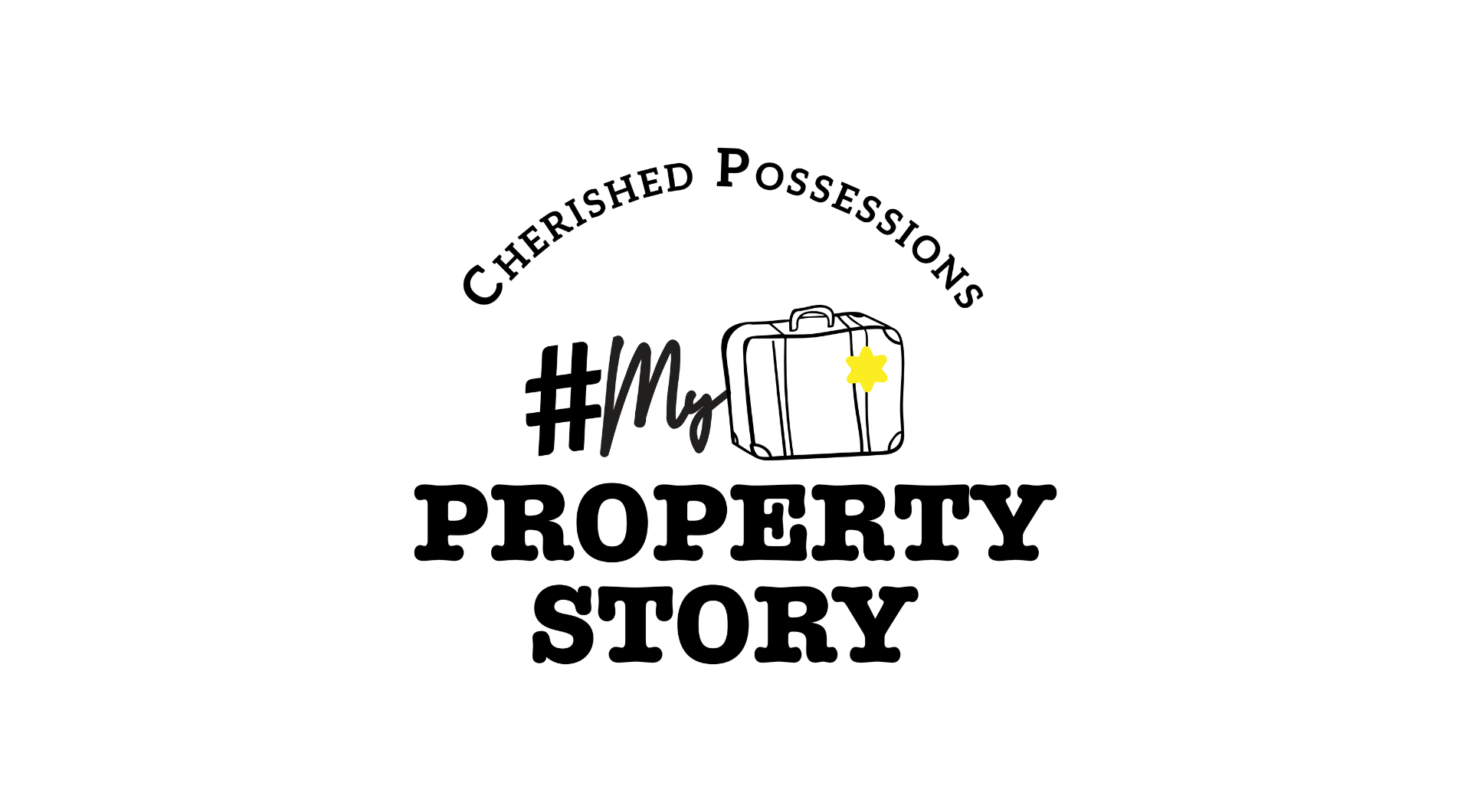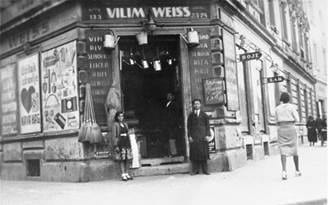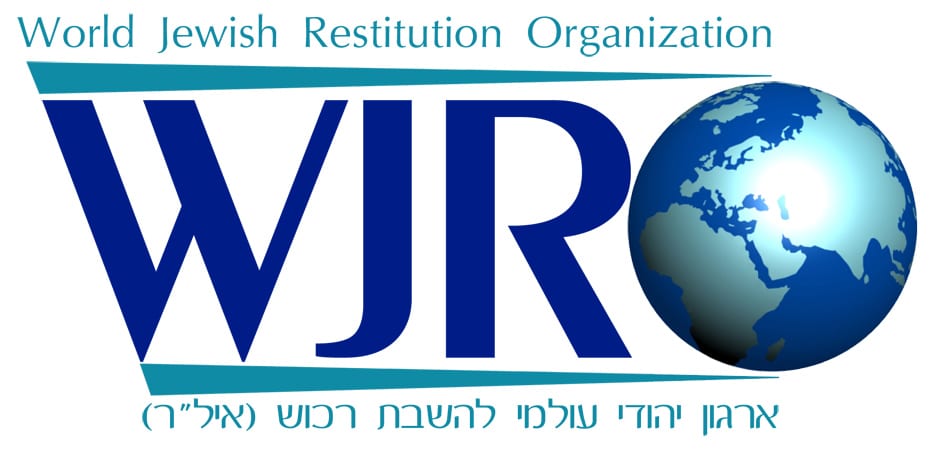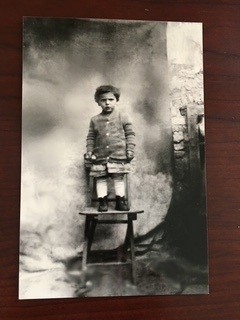
WJRO’s #MyPropertyStory campaign encourages Holocaust survivors and their families to share their personal stories. The campaign raises awareness of the need to address the restitution of Jewish private and communal property seized during the Holocaust and its aftermath.
Our fifth annual #MyPropertyStory campaign, “Cherished Possessions,” ran from Yom HaShoah, April 24 through May 22, 2025, and highlighted personal belongings—family artwork, heirlooms, Judaica, and everyday objects—that were stolen or lost during the Holocaust, emphasizing their deep emotional and historical significance.
The campaign is now closed. We extend our sincere thanks to all who participated and helped make it a success. You can read and watch this year’s stories below. If you would like to share your story for consideration in next year’s campaign, please click the “Add Your Story” button below to submit.
Behind your family’s home, business, and keepsake, there is a story.
What connects you to your family history?

View of the entrance to a Jewish owned business in Zagreb, Croatia belonging to Vilim Weiss (circa 1941). Credit: @USHMM, courtesy of Marta Kupfermann Elkana
Trudie’s Album
An autograph book belonging to Gertrude (Trude) Silman, born in 1929 in Bratislava, holds delicate inscriptions and drawings from friends and family. Given to her in 1938, just before the war, it captures the love and warmth of a childhood soon disrupted by the Holocaust—a small, poignant reminder of a world that was about to vanish.
Menorah
A menorah buried in a garden during the Holocaust is recovered after the war and returned to Sara Giffen, who was hidden as a child in Amsterdam. The artifact, likely used by her family for generations, was preserved thanks to neighbors and members of the Dutch resistance.
Crossing the Nistru: A Family’s Wartime Flight and Postwar Displacement
Miroslava Metlyaeva shares her mother’s escape from Bessarabia during WWII, the hardships they faced in exile, and how postwar injustice forced their family from their home once again—echoes of trauma that shaped generations.
Wedding Ring
This #MyPropertyStory video features a wedding ring passed down to Ruth Sands, a hidden child born in Vienna in 1938. The ring, originally given to her father by his mother before he fled Nazi Austria, is a powerful reminder of love, loss, and legacy across generations.
Orphanage Photo
This #MyPropertyStory video features a photograph belonging to Cesare Saredotti, born in 1938, taken at an Italian orphanage in 1943. The image captures Cesare and his brother among a group of hidden children during the Holocaust, symbolizing resilience and the lasting impact of cherished possessions.
Marcel’s Album
A handmade autograph book belonging to Holocaust survivor Marcel Anisfeld—carried with him from Siberia to Poland to England—captures messages from children he met along the way and remains one of his most treasured possessions.
John’s Teddy
#MyPropertyStory: Cherished Possessions
As part of this year’s #MyPropertyStory campaign, WJRO is proud to partner with 80 Objects/80 Lives, a digital exhibition highlighting belongings of Holocaust survivors and refugees. Among them is a small teddy bear that John Hajdu carried with him as a child during the war—a lasting symbol of survival and memory.
Explore more at: wjro.org.il/mypropertystory
Full exhibition: 80 Objects | Holocaust Testimony at ajr.org.uk
The Nicest House in the Village
The nicest house in the village” was built by Fania Feldman’s family near Buczacz with money sent from America. When the Nazis arrived, they took it over as their headquarters. It was never returned. Today, it remains a symbol of all that was lost — not just property, but identity, history, and hope
Erna Klein: Challah Cover
A challah cover was given to Erna Klein, born in 1919, by her former teacher in Olsz, Silesia, Poland. The cover had once belonged to Rabbi Kudowski, the former rabbi of Olsz, and remains a powerful link to a lost world.

